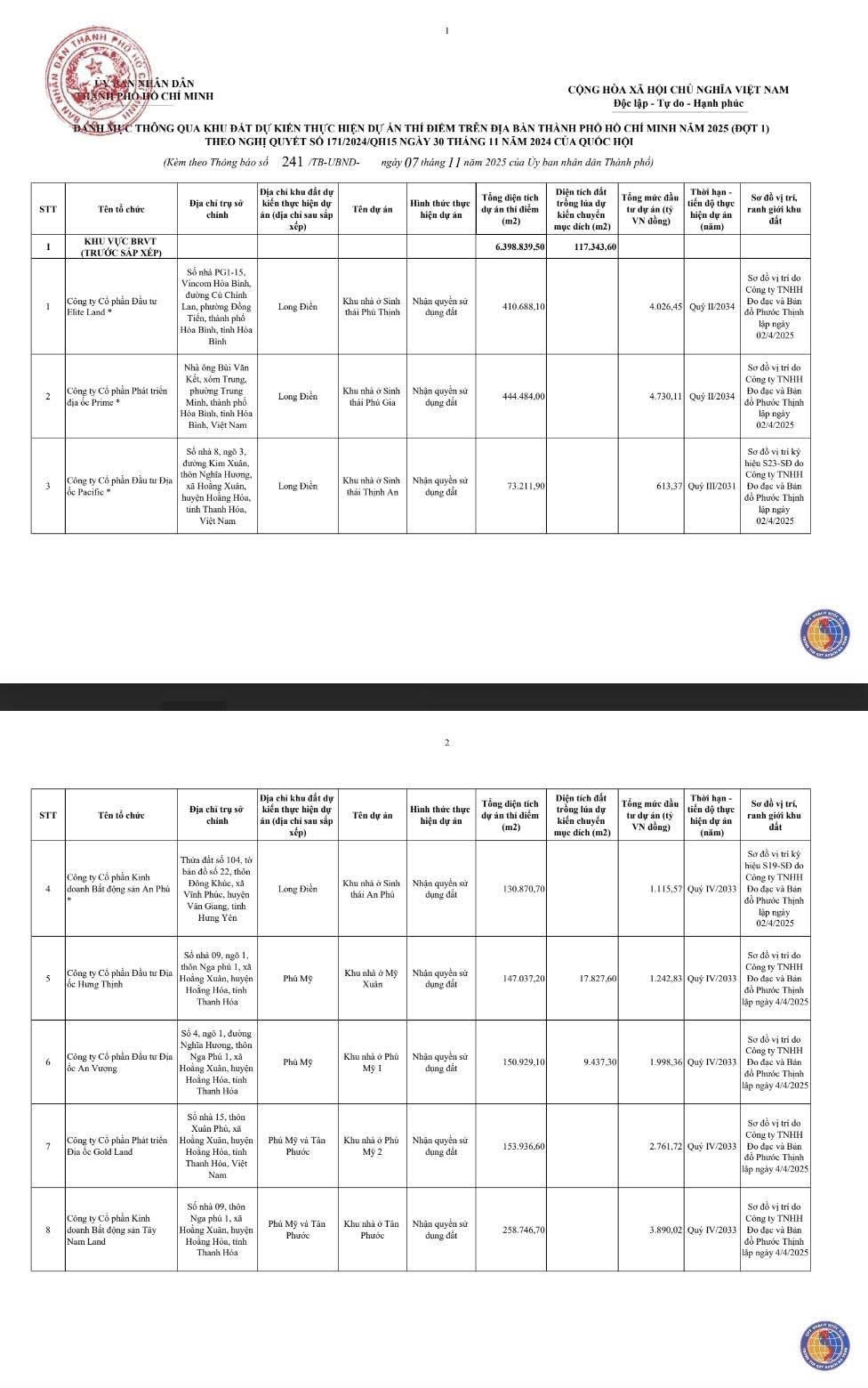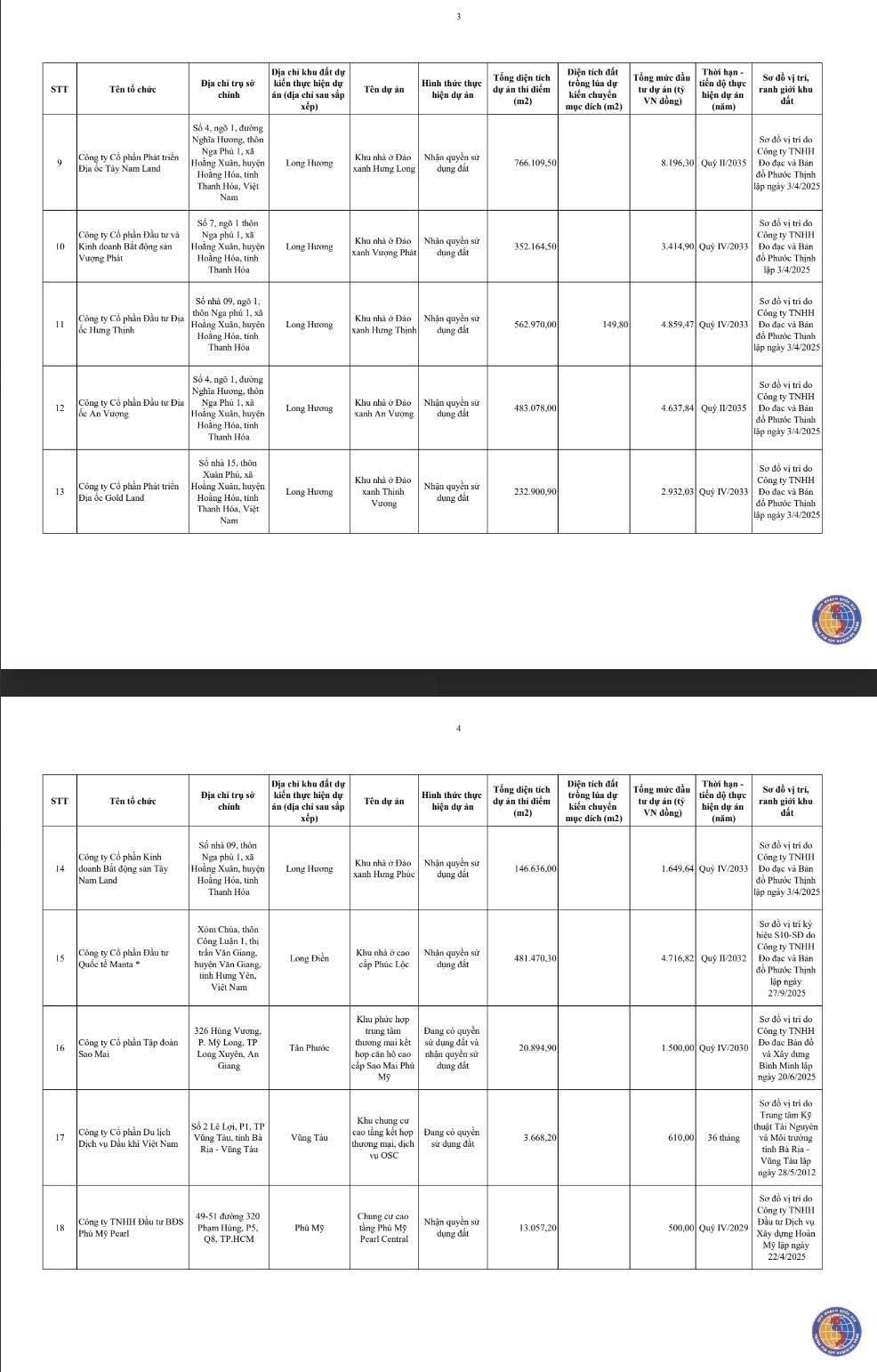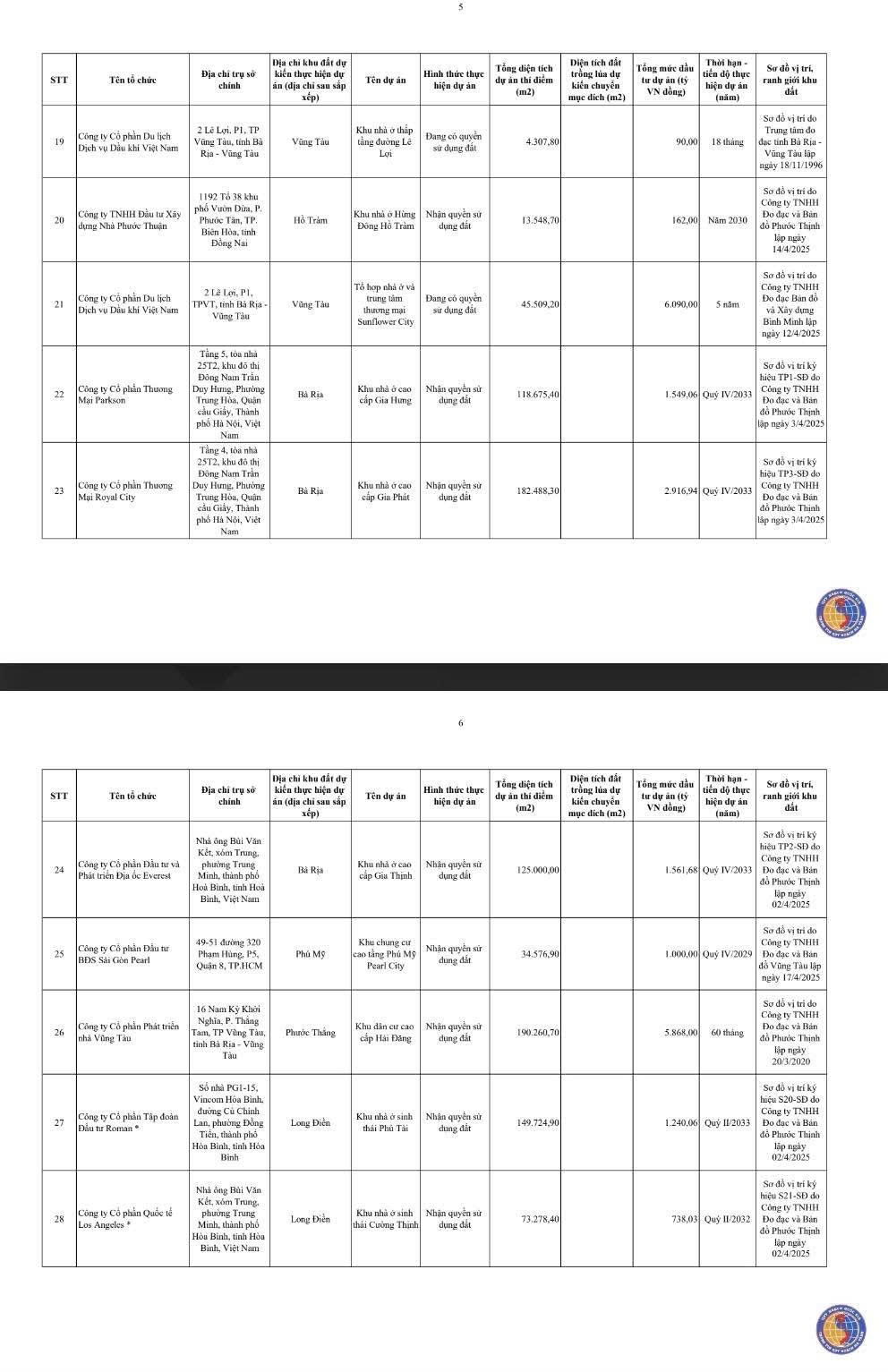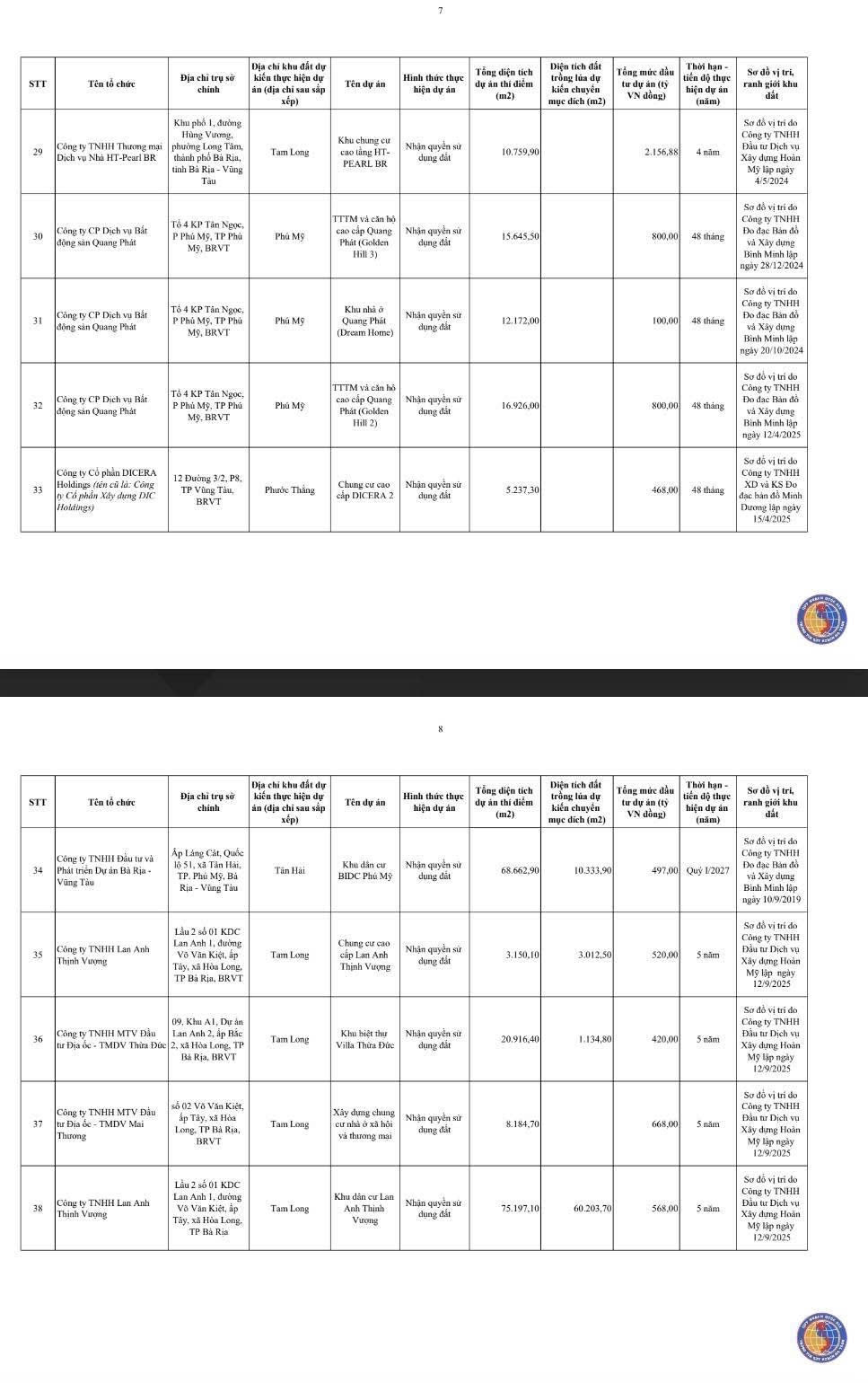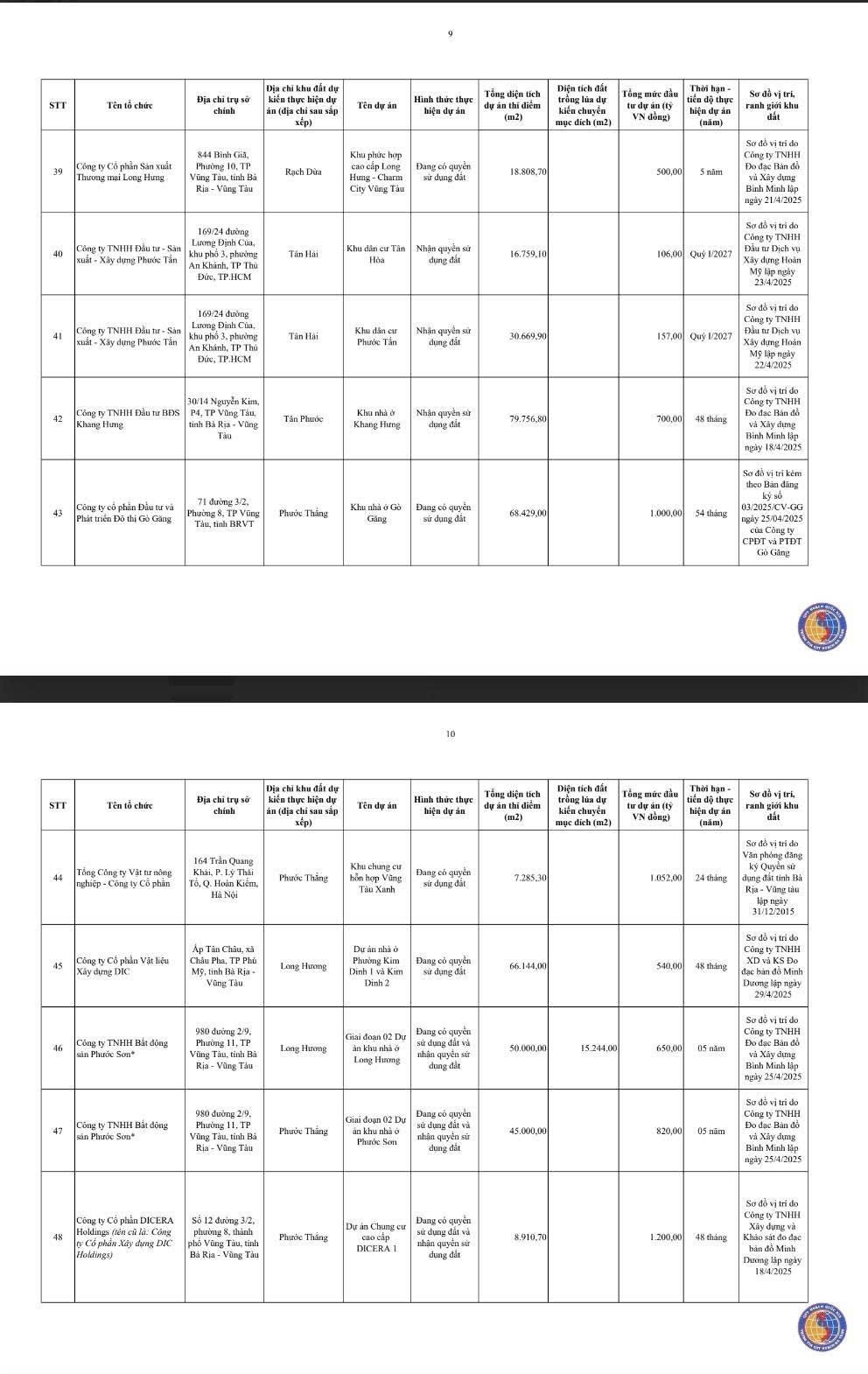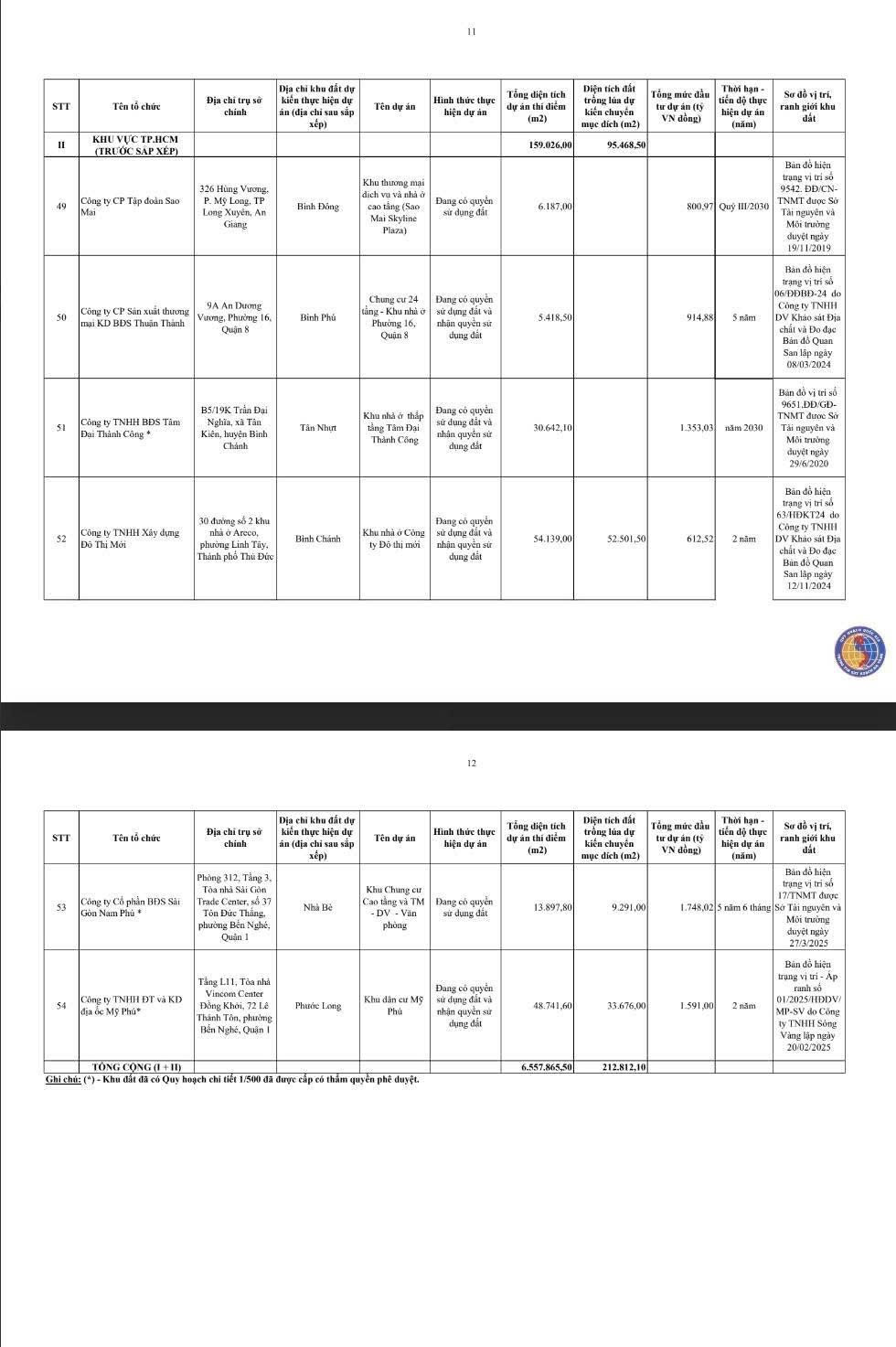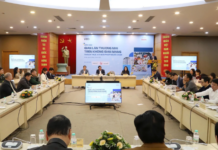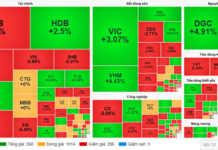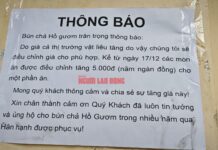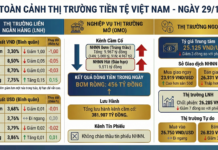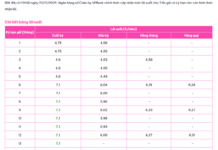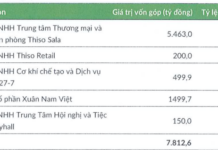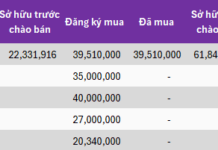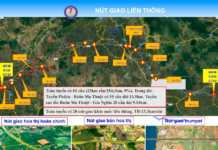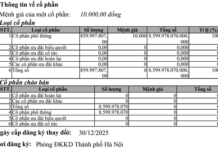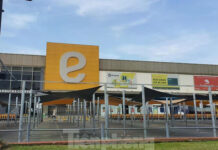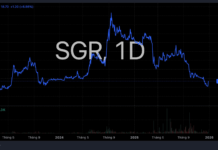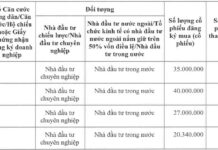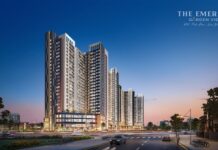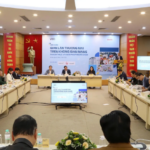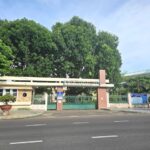The Ho Chi Minh City People’s Committee has approved 54 real estate developers to pilot commercial housing projects on agricultural land, marking a significant step in urban development.
These 54 approved sites span over 6.55 million square meters, with nearly 213,000 square meters designated for rice cultivation to be repurposed. Among these, 48 sites are located in the former Ba Ria – Vung Tau area, and 6 are within the old Ho Chi Minh City boundaries.
The Ho Chi Minh City People’s Committee stated that this approval serves as the foundation for developers and authorities to proceed with subsequent procedures. They urged relevant departments, agencies, and local authorities to collaborate and facilitate the projects’ implementation, ensuring compliance, transparency, and efficiency. Moving forward, Ho Chi Minh City will continue to review and expand the list of pilot projects on suitable land.
Previously, the Ho Chi Minh City People’s Council approved the list of land plots for pilot projects in 2025 (first phase) under Resolution No. 171/2024 of the National Assembly.
Specifically, the Ho Chi Minh City People’s Council approved 54 out of 74 land plots submitted by the People’s Committee for pilot commercial housing projects on agricultural land, without requiring 100% residential land as per current laws. The common deadline for these projects is March 31, 2030.
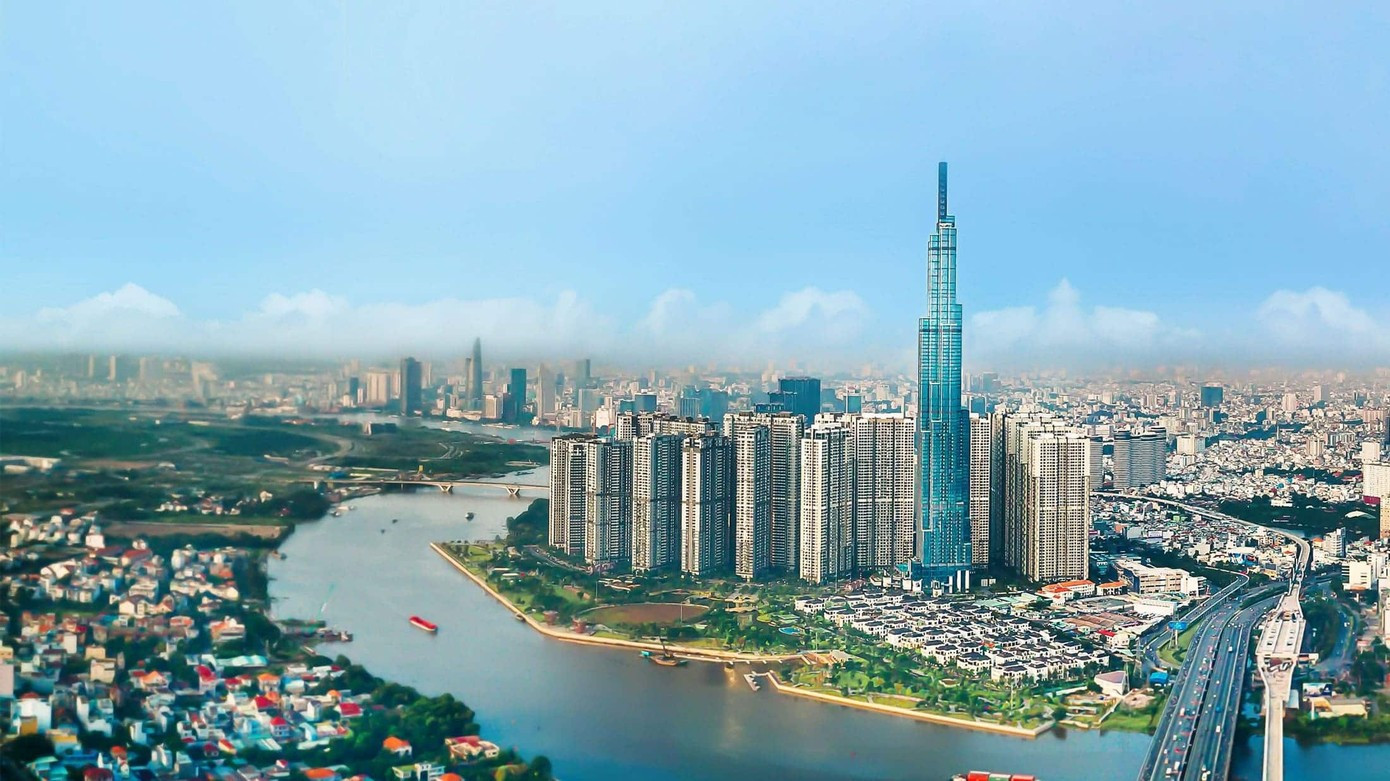
Ho Chi Minh City pilots commercial housing projects through land use rights agreements or existing land use rights.
These pilot projects are implemented through three methods. The first involves acquiring land use rights for large-scale eco-housing projects like Phu Thinh Eco-Housing, Phu Gia Eco-Housing, An Phu Eco-Housing, and Gia Hung High-End Housing.
The second method applies to projects where real estate businesses already hold land use rights, such as the OSC High-Rise Residential and Commercial Complex, Le Loi Low-Rise Housing, and Long Hung – Charm City Vung Tau High-End Complex.
The third method combines existing land use rights with new acquisitions, applicable to projects like the Sao Mai Phu My High-End Commercial and Residential Complex, the 24-Story Apartment Building in Ward 16, District 8 (old), and the My Phu Residential Area.
For the remaining 20 out of 74 land plots, which lack legal compliance, the Ho Chi Minh City People’s Committee has instructed a review and completion of legal requirements. Once compliant, the People’s Committee will report each project individually, compile a list, and resubmit it to the People’s Council for approval.
Resolution 171 allows for pilot commercial housing projects through land use rights agreements or existing rights, rather than requiring 100% residential land as per current laws. It enables real estate businesses to acquire land use rights and change land purposes for agricultural, non-agricultural, residential, and other land types, provided the land aligns with local housing development plans.
Previously, laws permitted commercial housing projects only on legal residential land or mixed-use land. Consequently, many urban-planned lands without residential status couldn’t be developed, leading to prolonged project suspensions and challenges for businesses in land acquisition for investment.
